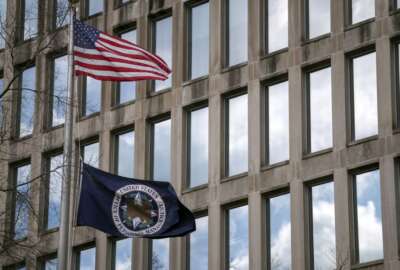Understanding the Workday OPM HR Contract: Impact and Implications for Federal HR
The recent announcement of the Workday OPM HR contract marks a significant shift in how federal human resources are managed. This move comes during a period of rapid change and pressing challenges for the U.S. Office of Personnel Management (OPM) and signals a broader trend towards digital transformation in government HR services.

Why Did OPM Choose Workday?
Facing urgent and mounting challenges, OPM recently awarded a sole-source contract to Workday, Inc. This partnership is aimed at overhauling outdated HR, payroll, and benefits systems. According to Federal News Network, Workday will take over a range of HR functions, from payroll and benefits to performance management and compliance reporting.
The decision was driven by a "systemic breakdown" in OPM's current infrastructure. Issues such as payroll errors, delays in retirement processing, and fragmented systems have sparked a sense of urgency. OPM's need for an integrated, cloud-based human capital management solution could not wait for lengthy procurement processes. For a more technical dive, see MeriTalk’s coverage of why OPM considered Workday uniquely positioned to address these urgent needs.
What Does the Contract Cover?
The Workday OPM HR contract is designed to quickly deliver a comprehensive cloud-based HR platform. Key features include:
- Core HR and personnel action processing
- Payroll and benefits integration and audit-ready reporting
- Time and attendance tracking
- Talent acquisition and performance management
- Full compliance with federal regulations (including FISMA, FedRAMP, and Title 5)
By consolidating critical functions into a unified platform, Workday promises improved efficiency and significant cost savings — more than 70% compared to OPM’s previous HR technology stack.
The Urgency Behind the Deal
This contract was not awarded through a traditional, competitive process. OPM justified the move by citing multiple executive orders and operational crises. Reuters also reported on the urgency, noting federal mandates such as the hiring freeze and workforce optimization initiatives. These factors require real-time data for workforce management, which the existing systems could not provide.
The timeline is tight. OPM must have the new, fully functional HR system ready before mid-July to avoid compliance failures, workforce disruptions, and the risk of higher costs.
Implications for the Federal Workforce
The Workday OPM HR contract represents more than just a technology upgrade. It is a foundational move toward:
- Enhanced transparency and reporting
- Streamlined hiring and onboarding
- More accurate payroll and retirement processing
- Faster adoption of regulatory changes
Unified data and modern processes support a more agile and accountable federal workforce. This is critical as agencies adapt to new policy requirements and increased employee retirements.
Looking Ahead
OPM plans to open the contract to competitive bidding after the initial year, ensuring long-term value. For now, this urgent sole-source deal with Workday is a vital step in stabilizing and advancing federal HR operations.
For additional reading, consult Federal News Network’s detailed report as well as MeriTalk’s in-depth analysis.
In summary: The new Workday OPM HR contract is a game-changer for federal HR management. Through rapid modernization and consolidation, the federal government aims to deliver better services to employees and retirees—while controlling costs and staying compliant in a fast-changing policy landscape.